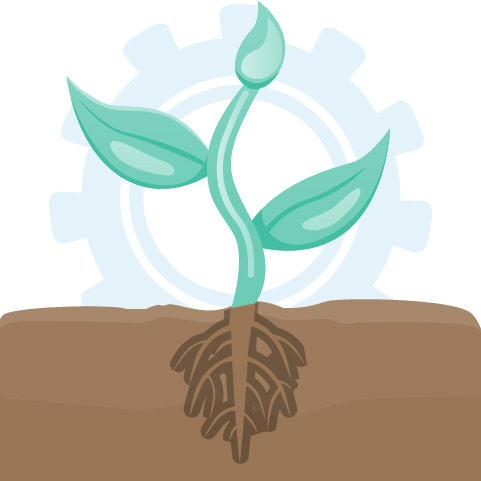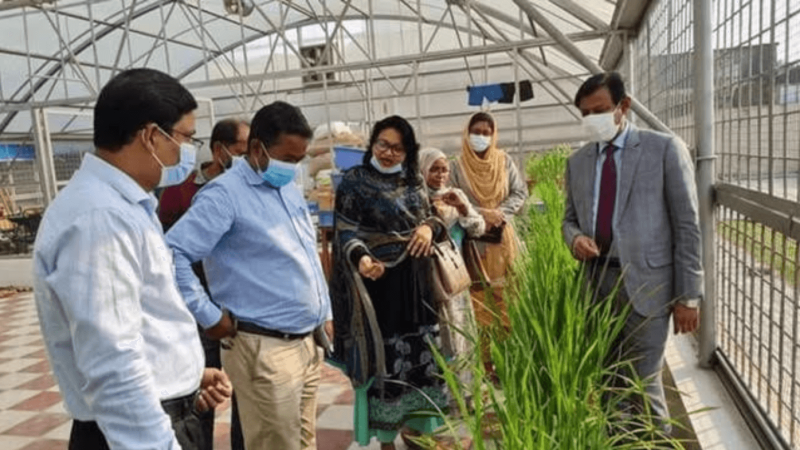Raising awareness
At the request of BAS and BARC, AFSI started collaborating with stakeholders in Bangladesh on outreach activities to raise awareness about genome editing, beginning with the webinar “Genome Editing in Agriculture: Potential Opportunities and Way Forward in Bangladesh” on October 4, 2021. Follow-up activities included a variety of webinars and training events, as well as the in-person “Conference on Genome Editing in Plants: Harnessing the Benefits for Bangladesh” a year later.
 Providing expertise
Providing expertise
On July 19, 2022, the BAS Council constituted the Expert Committee on Gene Edited Plants in Bangladesh and invited SABP Country Coordinator Prof. Dr. Rakha Hari Sarker, SABP Senior Advisor Dr. Vibha Ahuja, and AFSI Fellow Prof. Dr. Aparna Islam to serve as members. Upon invitation by the Secretary of the Ministry of Agriculture, the committee proposed a mechanism to allow genome edited plants to move through research and development and have a path toward commercialization. Following stakeholder consultations and discussions throughout 2022 and 2023, the committee drafted an SOP for this purpose.
 Conducting outreach
Conducting outreach
The Ministry of Agriculture officially published the SOP in December 2023. The “Conference on Genome Editing for Agriculture in Bangladesh” on February 11, 2024 was organized to inform a wider audience about this new resource, as well as how genome editing technology can support agriculture in Bangladesh. Aimed at a more technical group, the “Workshop on Standard Operating Procedures for Research and Release of Genome Edited Plants in Bangladesh” on February 13, 2024 focused on the SOP and techniques used to demonstrate the absence of the transgene(s).
[Editor’s note: Download the PDF here]
































